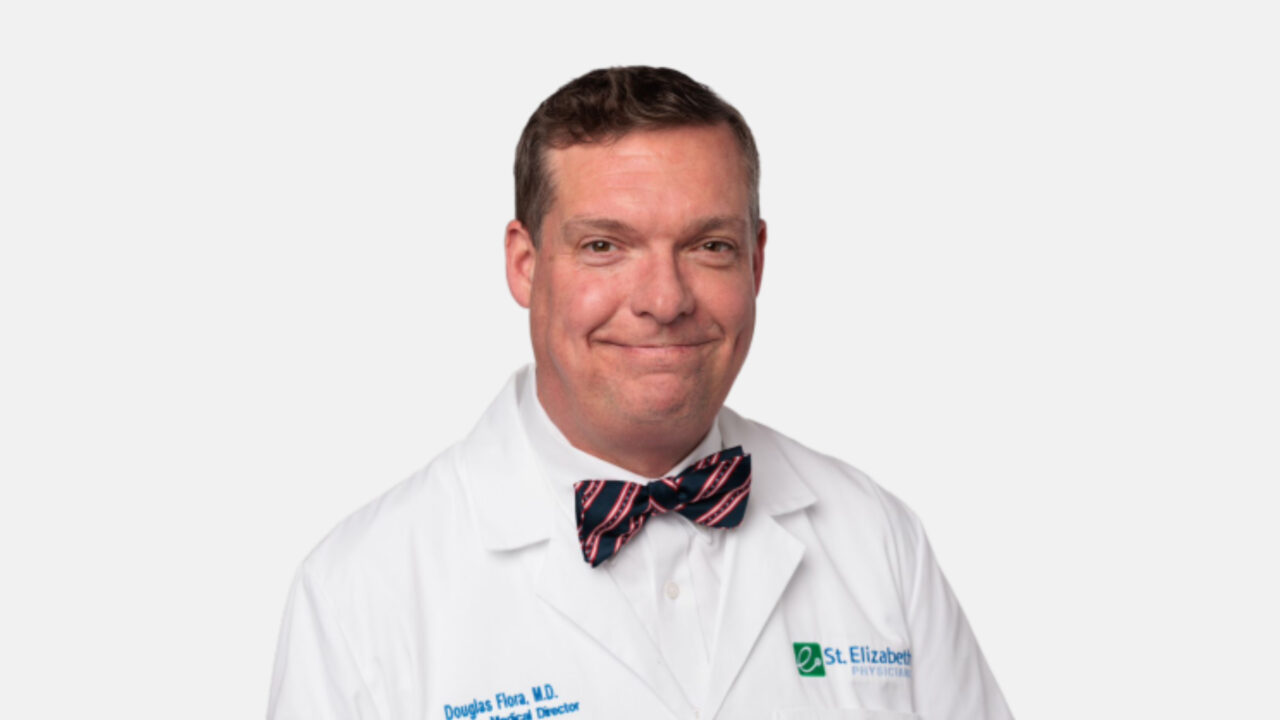Douglas Flora, President-Elect at Association of Cancer Care Centers, shared on LinkedIn:
“Beyond the MCAT: Choosing Doctors for an AI Age
‘Attention is the rarest and purest form of generosity.’ – Simone Weil
Throwback photo time: three kids in oversized karate gis, all attitude and baby faces. I blinked, and now two of these mini-ninjas are already in grad school, and the youngest is scheduling his MCAT as he plans his own med school application. Time is wild.
He came home today from an overnight ER tech shift buzzing about a gnarly tibial fracture he helped reduce. The hands-on care, the focus in a moment of real pain – his excitement and enthusiasm reminded me what it felt like to be that kid, eager to help any way I could.
He was present for a patient in a new and important way, and he brought that enthusiasm home with him. A reminder that medicine is so much more than what happens in a lecture hall. (Also: I may be accidentally raising an orthopedic surgeon, like, how?!)
As AI takes on more of the data analysis and recall, our traditional gateways—especially the premium we place on standardized tests like the MCAT, may miss what matters most. If we truly want to grow and support empaths, healers, and deeply caring people, our selection process needs a thoughtful reboot.
Douglas Flora added
Strong science still matters. But in an AI-augmented era where memorization and recall is increasingly a commodity, we should assess a broader set of qualities:
- Innate curiosity and problem-finding: A drive to ask better questions and persist through complex challenges – evidenced by independent research, creative projects, or thoughtful engagement with societal issues.
- Demonstrated empathy, altruism and relational capacity: Tangible, sustained service to others and reflective insight about those experiences.
- Ethical reasoning, moral courage and principled judgment: The ability to wrestle with gray zones and stand on principle. Tools like situational-judgment tests and structured ethical interviews can help.
- Resilience, adaptability and emotional intelligence: Coping well with stress, learning from setbacks, and staying steady as facts evolve—critical for long-term well-being.
- Collaboration and sophisticated communication: Modern medicine is a team sport—now with AI on the team. Team-based exercises, validated communication assessments, and reflective writing can reveal readiness.
The goal isn’t to downplay intellect or scientific rigor – it’s to broaden our definition of excellence. The best future healers will harmonize deep scientific understanding and critical thinking with equally deep humanity, ethical integrity, and relational intelligence.
Our challenge is to build, validate, and equitably implement selection tools that reliably identify these multifaceted people – moving past metrics that mostly reflect test-taking prowess or access to expensive prep.
Curious how others are approaching this: How is your program updating its selection criteria for an AI-enabled future? Will the MCAT even be a thing in a few years?”
More posts featuring Douglas Flora.


